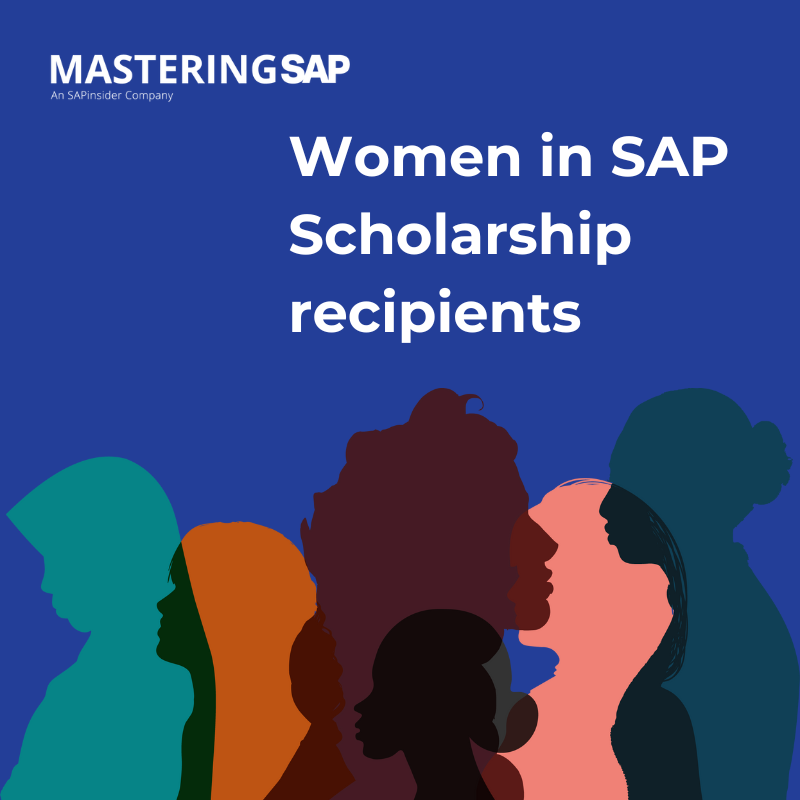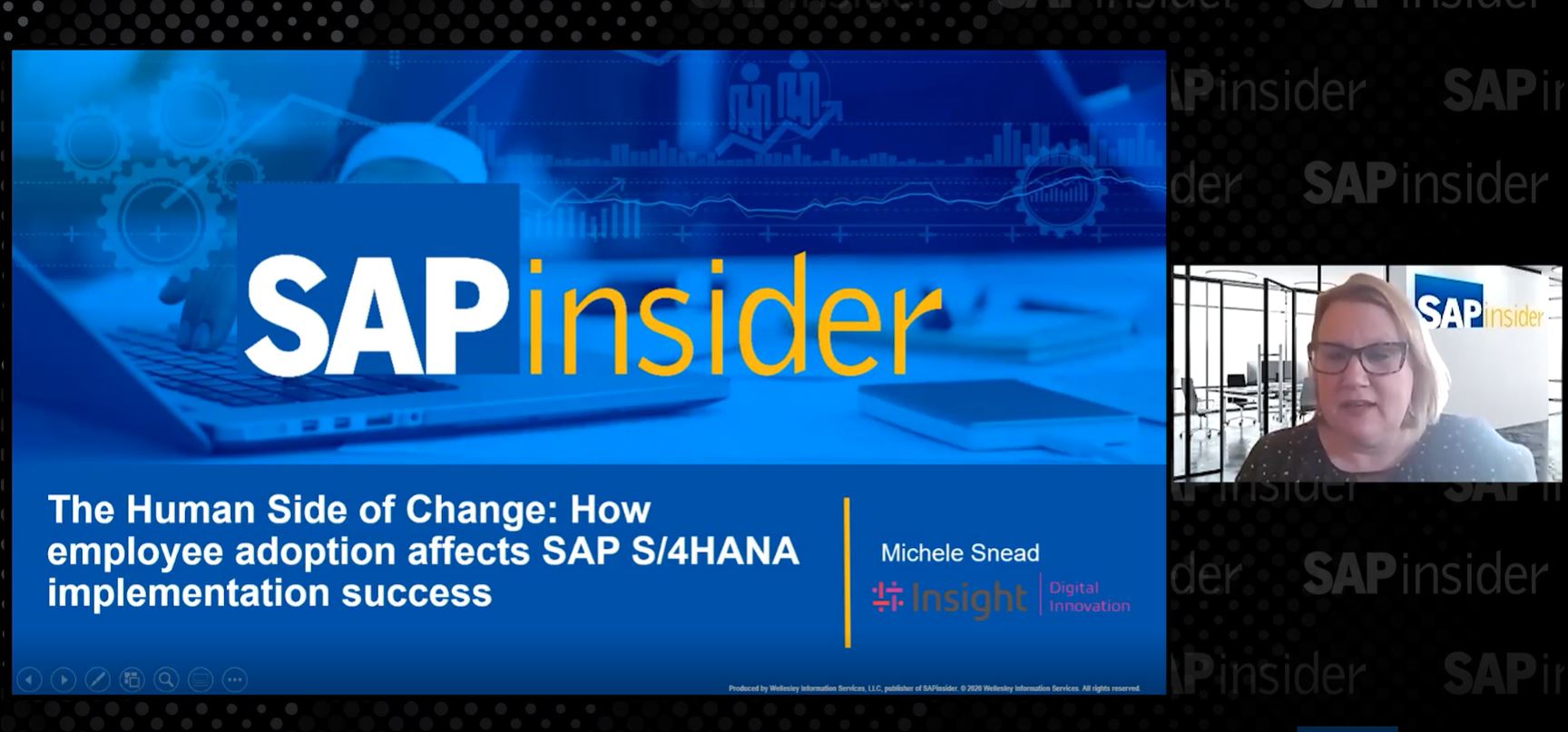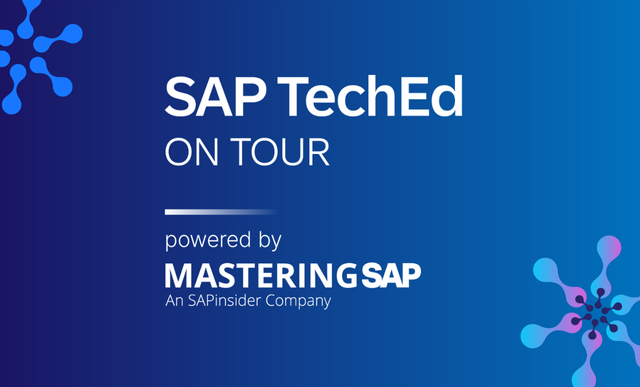The skills rush and diversity – a breakfast discussion
Key Takeaways
⇨ The industry needs an influx of skilled talent to meet project timelines
⇨ Diversity can deliver better outcomes for business and help meet the talent needs
⇨ A skills based approach has been shown to be able to find "hidden" skills in the organisation
Last week the Mastering SAP Collaborate event brought together the community to connect and learn how to extract the most value from their SAP solutions. For many the journey to value might start with the migration off on-prem ECC to the cloud but the reality is that’s just one step. Finding value comes from better use of whatever solution you currently have at your fingertips. And key to finding that value is talent and skills. To be able to manage the search for value including migration, the industry needs an influx of skilled talent.
The topic of skills and the role of AI in this skills rush was explored during the Women in SAP Breakfast at Mastering SAP Collaborate.
A new addition to Mastering SAP is the Women in SAP initiative. The initiative is designed to help the community see and acknowledge the positive business outcomes of more diverse thinking and structures – and to encourage greater gender diversity by encouraging women to take that first step into a new subject, new role or new career.
Explore related questions
More than a gender issue, greater gender diversity, especially in senior leadership positions, has been shown to improve business outcomes and results. Research from Bankwest Curtin Economics Centre (BCEC) and the Workplace Gender Equality Agency (WGEA) in 2020 found that in Australian ASX-listed companies, having a female CEO led to a five per cent increase in their market value. This is worth the equivalent of AUD$79.6 million on average.
Other business outcomes noted in the report included:
- An increase of 10 percentage points or more in female representation on the Boards of Australian ASX-listed companies led to a 4.9 per cent increase in the company market value, worth the equivalent of AUD$78.5 million for the average company;
- An increase of 10 percentage points or more in female representation on Boards led to a 6.0 per cent increase in the likelihood of outperforming their peers on three of more metrics;
- The appointment of a female CEO led to a 12.9 per cent increase in the likelihood of outperforming the sector on three or more metrics;
- An increase of 10 percentage points or more in the share of female key management personnel led to a 5.8 per cent increase in the likelihood of outperforming their sector on three or more metrics;
It is these business outcomes that the Mastering SAP initiative hopes to support and encourage.
The Collaborate event in Melbourne included a Women in SAP Breakfast featuring Dr Kim Oosthuizen, Head of Artificial Intelligence, SAP; Melinda McKinley, Global Head, HR Strategy & Digital Transformation, Standard Chartered Bank and Faye Van Wyk
Global SAP Centre of Excellence Leader and Director, Consulting, Ernst & Young.
Dr Oosthuizen spoke of the promise of AI and the need for all team members to upskill in terms of understanding what AI might be able to do in your role and how you can harness AI to be more productive. In the discussion on ethical guidelines, Dr Oosthuizen noted that there are numerous published guidelines that can be used as a starting point for your organisations AI guidelines.
McKinley noted the work being done at Standard Chartered to pivot towards a skills powered organisation, combining human experience with digital interventions enabling greater agility and effectiveness in skills deployment, and how this approach helps to level set opportunities across diverse groups. The importance of a partnership between human involvement and AI working together, along with enabling a psychologically safe innovation culture – including examples of performance management approaches, were highlighted as key to success.
Understanding that the talent and skills we need are in short supply, Ernst and Young’s Van Wyk spoke of the need to welcome skills from across the organisation even if the job title doesn’t fit the tradition notion of that kind of skill. Extending further Van Wyk noted the work Ernst and Young have done to encourage more young women into STEM careers including a gamified app that actively works to negate perceived barriers to IT careers.
From the panel and subsequent discussion, it seems the journey to 2027 will be paved with innovative skills and inclusion programs like those at Standard Chartered and Ernst and Young.







